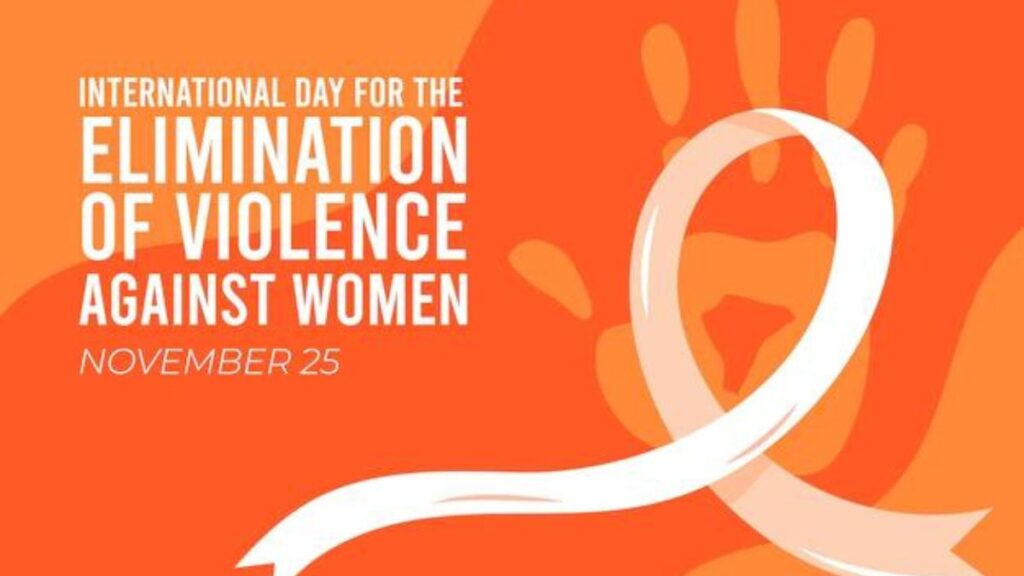Due to the impunity, silence, stigma, and shame surrounding it, violence against women and girls (VAWG), one of the most widespread, persistent, and devastating human rights violations in our world today, remains largely unreported.
- It manifests itself in a variety of physical, sexual, and psychological ways, including:
- domestic violence (including sex assault, psychological abuse, marital rape, and femicide);
- sexual assault and harassment (including rape, forced sex, unwanted sexual advances, child sex abuse, forced marriage, stalking, and cyber-harassment);
- trafficking in people (slavery and sexual exploitation);
- genital mutilation of women; a child marriage, and
To clarify, “any act of gender-based violence that results in, or is likely to result in, physical, sexual, or psychological harm or suffering to women, including threats of such acts, coercion or arbitrary deprivation of liberty, whether occurring in public or private life” is the definition of violence against women in the UN General Assembly’s 1993 Declaration on the Elimination of Violence Against Women.
Women of all ages are affected by the negative effects of VAWG on their mental, sexual, and reproductive health. For instance, the primary impediment to girls’ access to education and universal education is early-onset educational disadvantages; Later on, they are also to blame for restricting access to higher education and even limiting women’s employment opportunities. Women who identify as lesbian, bisexual, transgender, or intersex, young girls and older women, migrants and refugees, indigenous women and ethnic minorities, women and girls living with HIV and disabilities, and those experiencing humanitarian crises are all particularly vulnerable to gender-based violence.
Since 1981, activists for women’s rights have made November 25 a day to protest gender-based violence. This date was chosen to honour the Mirabal sisters, three Dominican Republic political activists who were murdered on orders from the country’s ruler, Rafael Trujillo, in 1960. The Assembled Countries’ (UN) Global Day for the Disposal of Savagery against Ladies is an event for states, worldwide associations and non-administrative associations to raise public consciousness of viciousness against ladies. Since 2000, it has been observed annually on November 25. The Centre for Women’s Global Leadership continues to manage it annually. People and organizations all over the world use it as a method of organizing to call for the prevention and eradication of violence against women and girls.
We will distinguish five types of violence that are interconnected:
- physical assault.
- psychological violence and verbal violence, including hate speech.
- Sexual assault.
- Economic and social violence.
Depression, anxiety, post-traumatic stress disorder, and suicide are among the consequences; increased danger of heart disease; and a premature death. The victim’s age, sex, and the type of violence also influence the health effects of violence.
Edu world stand with those women who had to go through such violence in their life. Equality, peace, and the realization of women’s and girls’ human rights are all still hampered by violence against women. Overall, putting an end to violence against women and girls is necessary to fulfil the Sustainable Development Goals (SDGs) promise of “leaving no one behind.”




